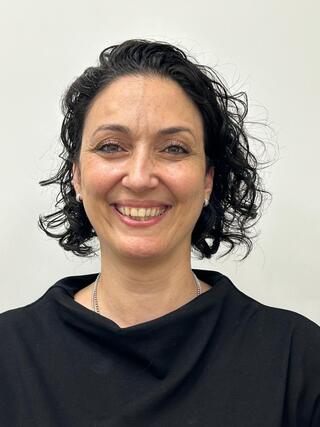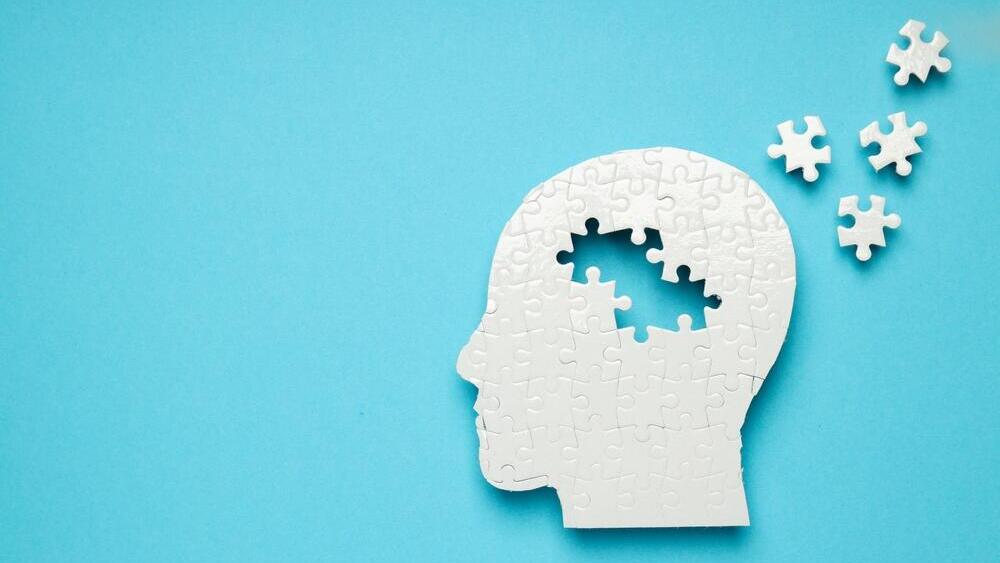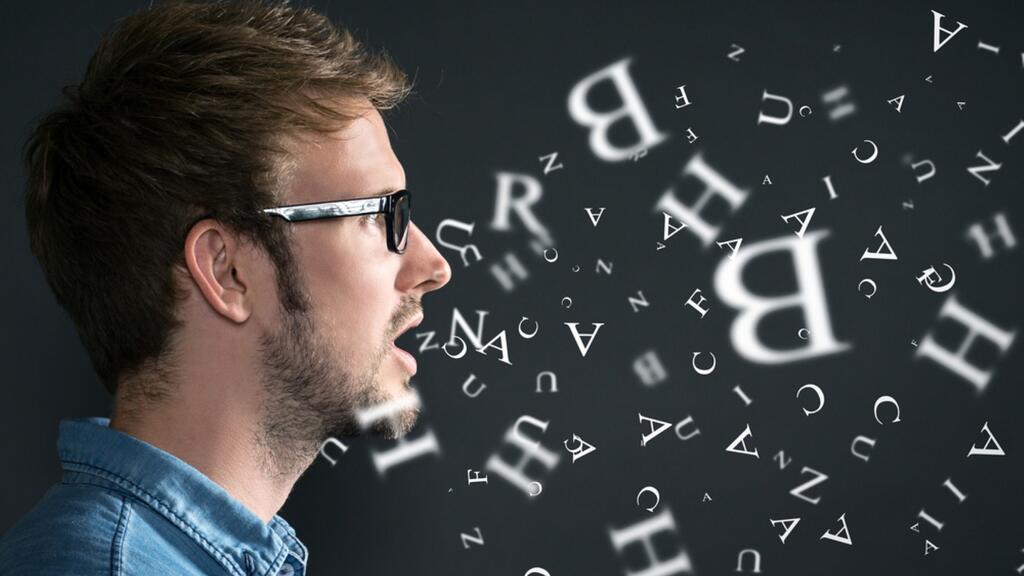Getting your Trinity Audio player ready...
"Hey, how are you doing today?" is seemingly a simple and commonplace sentence, uttered by all of us without even thinking, but it is actually a complex ability that combines numerous brain and language processes.
For example, people who suffered brain damage as a result of a stroke, brain injury or brain tumor, and have damage in areas of the brain that control language, may have difficulty speaking and may not be able to say a complete sentence, or will substitute one word for another, saying words they did not intend to say or substitute one sound for another.
All this may happen to an individual even though prior to the brain injury he spoke freely, managed a family life and a household, was a manager, lecturer, therapist or engaged in any other profession, and suddenly, following a brain injury, everything changed. Such an injury in the areas of the brain that control language is called - aphasia.
One out of three people who suffered a stroke is diagnosed with aphasia, and yet the data show that public awareness of Aphasia in Israel and worldwide is very low. A survey conducted this year in Israel by Prof. Aviah Gvion and her colleagues, shows that only 27% of the respondents knew what aphasia was, even though there are more people diagnosed with aphasia than other better-known medical conditions, such as multiple sclerosis and Parkinson's.
Impact on emotional state and quality of life
There are different types of aphasia and different levels of severity, each of which results from damage to different language areas in the brain and the extent of such damage. There may be aphasia when people have trouble speaking or understand other people speaking, unlike aphasia in which people can understand everyday conversation well and speak fluently but will have difficulty finding words and understanding complex messages.
The phenomenon significantly affects a person's ability to communicate in various settings, it impacts interpersonal relationships and the sense of independence and autonomy. All of these directly affect a person's emotional and social state, and the quality of his and his family life.
However, aphasia does not affect a person's intellectual ability. People with aphasia have a desire and need for interpersonal communication, they know exactly what they want to say, but have difficulty "finding" the words to express what they want, think or feel. As a result, a person and his relatives experience many daily challenges and difficulties.
It is important to know that there is no direct cure for aphasia, and it is a long-term chronic condition. However, it's treatable and there is still hope. It is possible to make progress and improve speech and communication abilities through rehabilitation process, even a few years after the brain injury occurred.
What should be done when aphasia is diagnosed?
It is important to contact a speech therapist who specializes in neurological rehabilitation, as soon as the brain injury occurs, and start a rehabilitation process to treat the aphasia. This will involve treating the condition that caused the language difficulty and intensive treatment to improve and strengthen the impaired language abilities.
Along with the direct treatment of the language disorder, there is another treatment that aims to improve daily functioning and social-communicative abilities; all this may strengthen language and speech abilities, improve the quality of life of the patient and that of his family, and allow the person to learn how to "live with aphasia" the best way possible.
What can people with aphasia talk about?
People with aphasia and their family members often say, painfully, that their conversations are mainly technical and narrow down to subjects like medicines and doctors. However, it is possible to have a more meaningful conversation with people with aphasia, despite the language difficulty, in which they can express their needs, and even their thoughts, opinions, feelings and desires.
Such a conversation can be made possible by using strategies that support the communication ability of people with aphasia and help them express themselves.
How to improve communication with people with aphasia?
Trust: It is important to know and believe that people with aphasia can communicate better with the help of our communication support. It is important to let them feel that we believe in their ability to communicate.
Patience: communicating with people with aphasia may be challenging and time-consuming, but it is possible. It is important to be patient during the conversation and encourage them to express themselves while we are supporting them when needed.
Environmental conditions: if possible, the conversation should be held in a quiet place, while minimizing visual distractions and reducing background noise, to help them focus on the conversation; this will also allow us to understand them better, identifying words and communicative intentions they try to express.
Supporting ways of expression: It is important to encourage a person with aphasia to look for alternate ways to communicate.
For example, to express keywords that are important for conveying a message or starting a conversation one can use communication aids, when available, hand gestures and pointing at objects in the environment, mobile applications - pointing at contacts or at places on a map, or use a drawing application, etc. All of these can give clues as to what the person with aphasia is trying to say.
Helping the individual understand: to help them understand what we say better, it is important to use short and simple sentences, but still maintain a natural and mature conversational manner appropriate for an adult rather than "childish".
It is important to speak orderly and clearly, expressing one idea at a time, avoiding "associative" speech. It is also recommended to write important keywords on either a page or an erasable board, thereby emphasizing the main points.
Make sure we understand each other - it is important to make a pause every now and then, to summarize what have been said so far, making sure that we have indeed understood their words correctly.
What are the right questions to ask?
Open-ended questions: people with aphasia will have trouble answering open-ended questions. Therefore, after asking an open-ended question, it is recommended to offer different options, which should be also written briefly, to help them understand and remember the choices offered; thus, they could point at the chosen option. It is important to add an option of "something else" - to enable an option we had not thought of.
Closed-ended questions: yes/no questions are usually easier for people with aphasia to answer, but sometimes this type of question can limit the possibility of expression and choice, therefore it is important to use it wisely.
For example, you can ask a closed question - "Do you want to go for a walk outside?", and on the other hand, you can ask the same question as a multiple-choice question: would you like to go to a café, to the park, visit your grandchildren, go somewhere else? In this way, we allow the person with aphasia to express himself more explicitly.
What to do if we still have trouble understanding?
Sometimes, despite the use of all the above tips, we may still have trouble understanding what people with aphasia are saying. It is important to convey to them, even in these moments, that we believe in their ability to communicate despite the aphasia and the speech impediment, and that together we will try to understand each other.
 Galit Ben OrPhoto: Ezra Lemarpe
Galit Ben OrPhoto: Ezra Lemarpe
It is recommended to direct the person with aphasia to explain what the subject of the message he is trying to convey is related to. It is also recommended to write down options for various relevant topics (children, grandchildren, health, bank, etc.); many times, understanding the topic can greatly enhance communication.
It is important that we recognize and know what aphasia is. Through the methods mentioned above, we can help a person with aphasia to express himself better and make him understand better what we say to him. This will allow for increased quality and efficient communication.
- Galit Ben Or is a certified speech-language pathologist.






